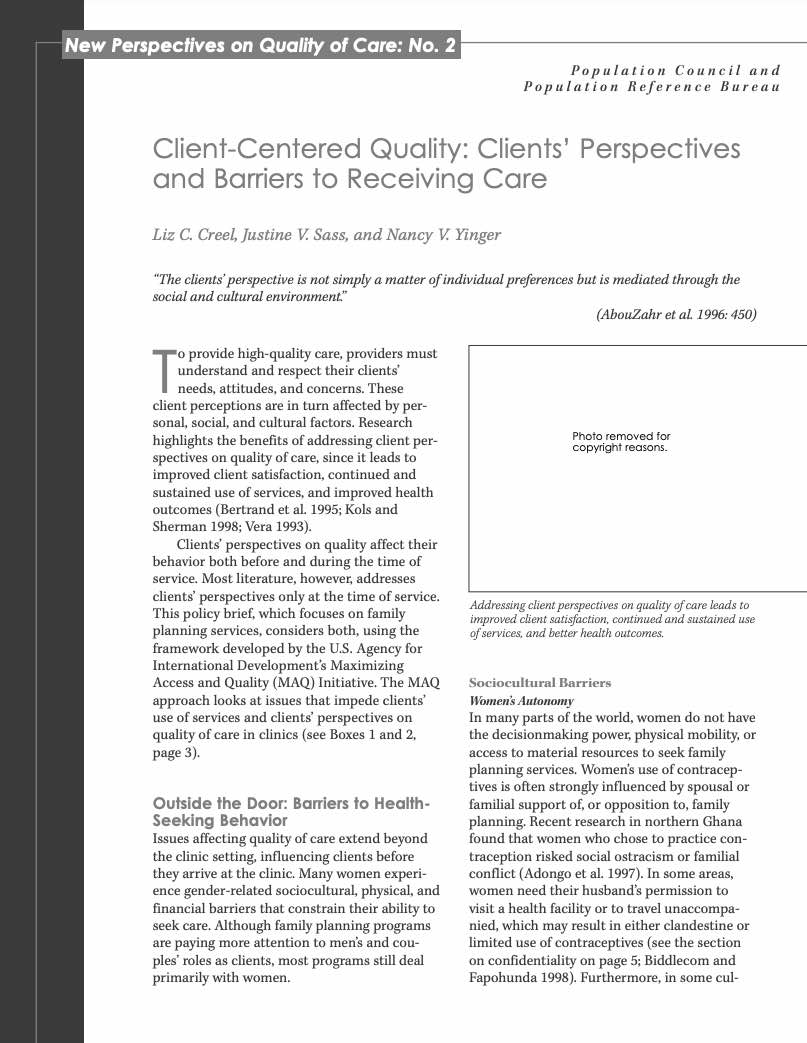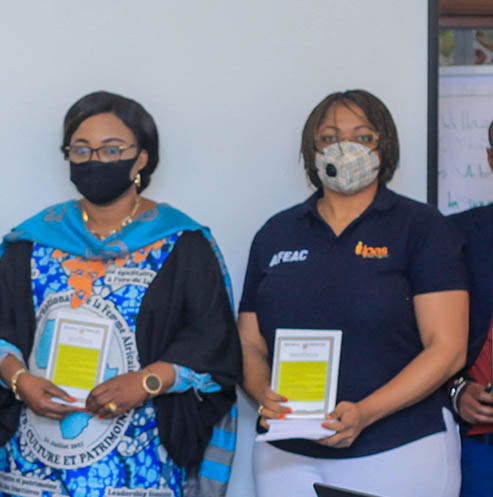Project: Strengthening Evidence-Based Policy to Expand Access to Safe Abortion (SAFE ENGAGE)
536 Search Results Found For : "g_레버리지거래(WWW,BYB,PW)_레버리지매매_레버리지투자=레버리지리딩㈢에스티아이 sqh/page/5/page/3/page/4/page/6/page/4/page/6/page/8/page/9/page/7/page/5/page/6/page/8/page/6/page/8/page/7/page/5/"

Debunking Baby Boomer Myths
A careful look at the data on baby boomers dispels misconceptions about their characteristics and enables policymakers to accurately assess the potential implications of their aging and retirement for U.S. society and the economy.
PRB Discuss Online: What Do We Know About the Relationship Between HIV/AIDS and the Natural Environment?
(2010) The relationship between HIV/AIDS and the natural environment is complex and operates at many levels in countless ways. HIV/AIDS morbidity and mortality may affect people's use of natural resources and the institutions that govern resources, while environmental change may affect people living with HIV/AIDS and increase susceptibility to illness and even HIV infection among certain groups, especially women and girls.
STI Risks High Among Zimbabwe’s Youth
(2003) With young people comprising a sizable proportion of Zimbabwe's population, government officials, health workers, and community leaders face the overwhelming task of meeting the reproductive health needs for this special group.

Client-Centered Quality: Clients’ Perspectives and Barriers to Receiving Care
To provide high-quality care, providers must understand and respect their clients' needs, attitudes, and concerns. These client perceptions are in turn affected by personal, social, and cultural factors.
Population Fundamentals: Building a Foundation
(2005) A working knowledge of the basic vocabulary of population geography is required in order for students to master important underlying concepts. Likewise, students need to understand the mathematical relationships implicit in population statistics and the broader social and economic implications of such relationships.
Objections Surface Over Nigerian Census Results
(2007) Provisional results of the 2006 census in Nigeria show that Kano in the north is Nigeria's most populous state (9.4 million), followed by Lagos (9.0 million) in the south. Northern states account for 75 million people, while the southern states are home to 65 million. The total population was 140 million.

